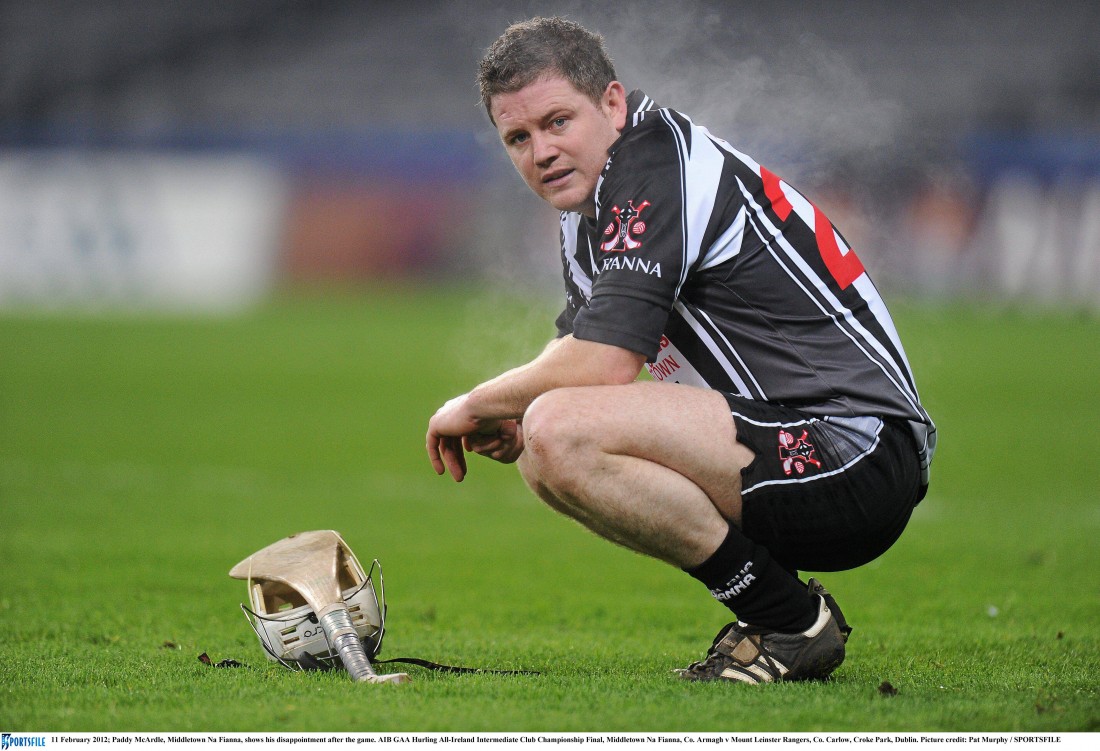IF you have spent all your time during and post lockdown purchasing all your household wares from Amazon then you seriously need to question yourself.
Jeff Bezos, CEO of Amazon, is the world’s richest person having added £13 billion to his fortune in just one day during the pandemic. He currently earns $2,489 per second and just purchased the world’s most expensive property, a $165 million mansion in Los Angeles.
All this excess when working-class people across the global are on the breadline with UK firms making over 100,000 people redundant as the economic impact of the pandemic continues to bite.
The difference between the have and have-nots globally has never been so stark, and none more so than here in Ireland.
When comparing the tax returns in the Republic for the first six months of this year against the first six months of 2019, amazingly there has been very little drop-off. What this tells us is that those in low paid jobs who don’t contribute a sizeable amount of tax to the national coffers have been hit hardest by the pandemic, with the high earners continuing to prosper.
The GAA season may be back on a stop-start basis with various outbreaks and localised infections continuing, but that is about the height of any good news and in all of the current uncertainty with consumer confidence at historic lows, it is hard to see any silver lining.
You may though be shocked to hear that (in my mind at least) the fallout from this pandemic may directly result in the salvation of rural GAA clubs and rural life in Ireland as we know it.
In April last year, the GAA President John Horan, attending the opening of new facilities at the Limavady Wolfhounds GAC, admitted that he was “concerned” at the rural depopulation that has been ravaging clubs across Ulster and Ireland. Horan said at the time that he felt the solution to the problem was largely out of the Association’s control, leaving the rural clubs to simply make do.
The brain drain and continuing rural/urban shift, especially amongst younger people in Ireland, is certainly not a new phenomenon but this trend, coupled with the fact that families are much smaller now than in previous generations, has led to rural clubs having seen their pool of player obliterated.
My own club in rural south Armagh, is no exception. I’ve spent 15 years of my life commuting from Belfast, Dublin and London to play for the club but many others either haven’t been in a position to do so or simply haven’t wanted to.
Horan and the GAA may have given up on the problem, but the solution has appeared from an unlikely source. The global pandemic has shown that office workers don’t necessarily have be in the office to fulfil their daily roles, the new normal of working from home has opened the minds of both employees and employers to how the concept can be mutually beneficial for all concerned.
A Harvard Business Review report showed that, with commuting times no longer having to be considered within an employee’s daily routine, on average workers are 1-2 hours more productive per day when working from home.
This current transition to working from home allows those that want to live in rural Ireland but just don’t see the opportunities in living locally to reconsider their position. During the pandemic, I was able to conduct a 10-day High Court trial from the comfort of a converted attic in Middletown – I even managed to arrive on time for a few training sessions during that time.
The need to live in close proximity to where you work is becoming a thing of the past, with Twitter, Fujitsu, Facebook and other tech companies already pursuing working from home as a long-term objective. I understand that this doesn’t work in all scenarios, as a teammate said to me last week, “working from home in March and April was great and all but what was I supposed to do, tarmac the front living room?”
Having the option of living and working in rural Ireland within your local community would help to break the urban/rural divide and do away with lengthy commutes, helping both the environment and individuals’ mental health. Dare I say it, working from home may even give counties a chance of beating Dublin.
The ability to live and work in your local community would not only benefit the rural GAA clubs but it may even bring back a vibrant and active village economy, re-establishing the bounds of community that form the foundations of the GAA.
The pandemic has brought unimaginable heartbreak and economic hardship to this part of the world, with everyday bringing new challenges across the community, but for me there is a silver lining on the horizon that could see the re-establishing of the rural life in Ireland and a shift away from an urban society where no one knows their neighbours.
Call me an idealist but I continue to live in hope. Oh and if you do have to buy something, remember to support our local businesses and community.
Receive quality journalism wherever you are, on any device. Keep up to date from the comfort of your own home with a digital subscription.
Any time | Any place | Anywhere












